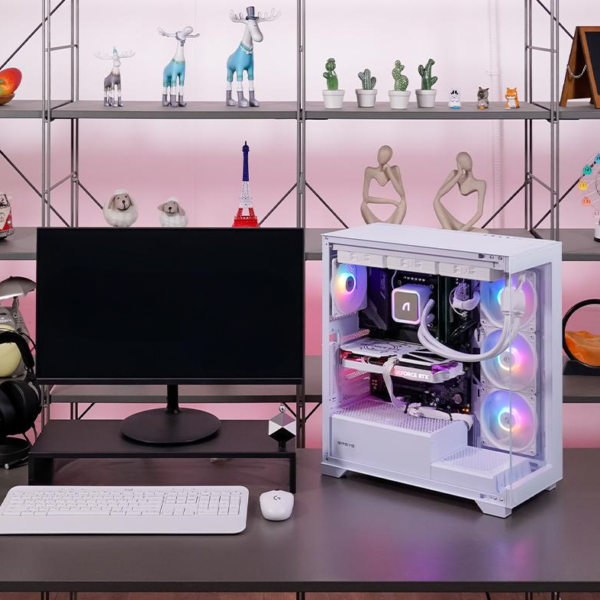An SSD (Solid State Drive) is a type of data storage device that uses flash memory to store data, offering significantly faster read and write speeds compared to traditional HDDs (Hard Disk Drives). Unlike HDDs, SSDs have no moving parts, making them more durable, energy-efficient, and less prone to mechanical failure. SSDs improve overall system performance, reducing boot times, speeding up application loading, and enhancing file transfer speeds. They are available in various form factors, including 2.5-inch, M.2, and PCIe, making them versatile for different types of devices and use cases. SSDs are commonly used in laptops, desktops, and servers, providing a reliable and high-speed storage solution for modern computing needs.
CPU : Intel Core i7-14700KF (Raptor Lake Refresh)
GPU : NVIDIA RTX A4000 D6 16GB
MB : ASRock Z790 PG Lightning D5
64 GB DDR5 RAM
16 GB GDDR6 VRAM
2 TB SSD
Liquid Cooling


 Video Editing
Video Editing CAD 2D/3D
CAD 2D/3D




